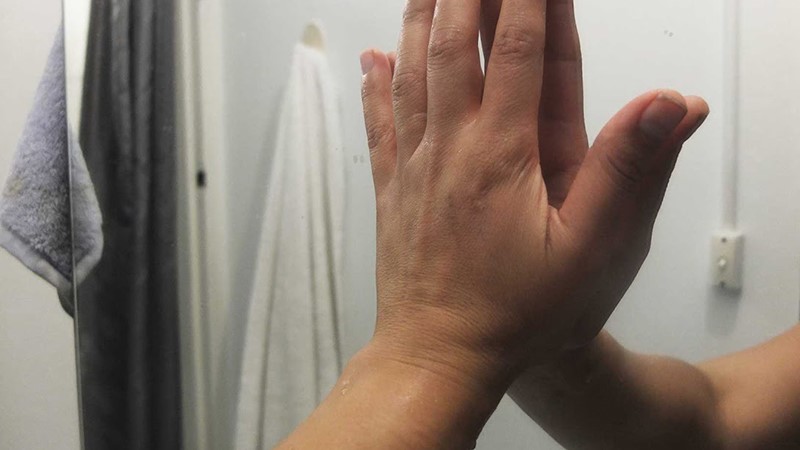How to help your teen if they self-harm

Discovering that your teen is self-harming can come as a shock and be very confronting. It’s hard to understand why your teen would want to hurt themselves, and may make you feel desperately worried for their physical and mental health.
There are a number of practical actions you can take to help keep your teen safe. There are also techniques and strategies they can learn to help manage their feelings and the compulsion to self-harm.
Taking your teen to the GP or hospital
When your teen self harms, the injury can be serious. Although seeing a doctor may seem daunting it can be a positive step for your teen, helping them see the serious consequences of their actions.
Your GP can treat the physical impacts of self-harm. And, if the situation is serious enough, they can prescribe medication to help with self-harming thoughts – but this is rare.
If the self-harm is life threatening, take your teen to the hospital immediately or call an ambulance. If your teen can’t keep their self-harming thoughts at bay the staff will help prevent them from harming themselves again.
Your GP or treating doctor might refer your teen to a psychologist or counselor. They can help your teen to understand their emotions and develop coping skills to prevent self-harming.
Teaching your teen positive coping skills
A factor that contributes to self-harming is feeling emotionally overwhelmed. There are techniques you can teach your teen to help them manage their feelings. Your teen may need to try a few until they find the one that works for them.
1. Delaying
Encourage your teen to keep things they use to self-harm locked up or taped up in a box. It will delay their behaviour and restrict their impulses by taking away the means to self-harm. It will also give them time and opportunity to choose a more positive way of coping.
Ask your teen to pause when they experience an urge to self-harm. Encourage them to wait for 15 minutes. If they make it, congratulate themselves, and then try waiting for another 15 minutes and so on. The urge should gradually pass.
2. Distracting
The aim of distraction is to take your teen’s mind off negative feelings and give themselves time for those feelings to become more manageable.
Suggest activities your teen enjoys. When they feel overwhelmed it can be difficult for your teen to remember things that give them pleasure. Remind them of what they like to do, but don’t press them.
Your teen may find solo activities beneficial. Listening to music, reading, walking and swimming are a good way for your teen to get some space.
Writing in a journal can help your teen identify how they’re feeling and become more aware of their emotions and what leads them to self-harm.
A distraction box full of stuff they like that requires concentration – craft, a favourite book, playing cards – can act as a self-harm first aid kit and bring them comfort.
Hobbies and going to the movies are other activities that can provide distraction and focus, and lift their sense of themselves.
3. Relaxing
Once the urge to self-harm has passed, one of the simplest coping techniques your teen can use is to be aware of their breathing. A conscious decision to breathe slowly and deeply has a calming and positive effect.
Controlled breathing can be learned and there are apps such as ReachOut Breathe that can teach your teen to do this.
Mindfulness and meditation are also effective. You can introduce simple techniques to your teen through apps like Smiling Mind.
Exercise releases physical tension and is another great way for your teen to manage distress.
4. Diverting
Some techniques can be helpful but should only be used with the advice of a professional, as there’s a possibility of the self-harm escalating. These include activities like punching a pillow – still technically self-harm but safer.
Emotional support you can provide as a parent
Your teen may be ashamed and confused by their self-harming. Try to listen and understand rather than judge. Don’t overwhelm them and make them feel they need to be ‘fixed’. Let them take the lead on how they want to work on it.
Emphasise that different strategies work for different people so it’s worth experimenting. The process of your teen owning their feelings and deciding what to do is important.
Ongoing support for your teen
You can’t stop or change your teen’s behaviour just by telling them to. Self-harm is often an impulse that’s out of their control and they will require ongoing support.
When your teen is ready, support them to access a professional that can help in the longer term, like a psychologist or counsellor.
Author Bio:
Annie Wylie is the Content Manager at ReachOut Parents. She uses her passion and expertise for achieving better outcomes for vulnerable communities to produce stories, resources and events that matter.










